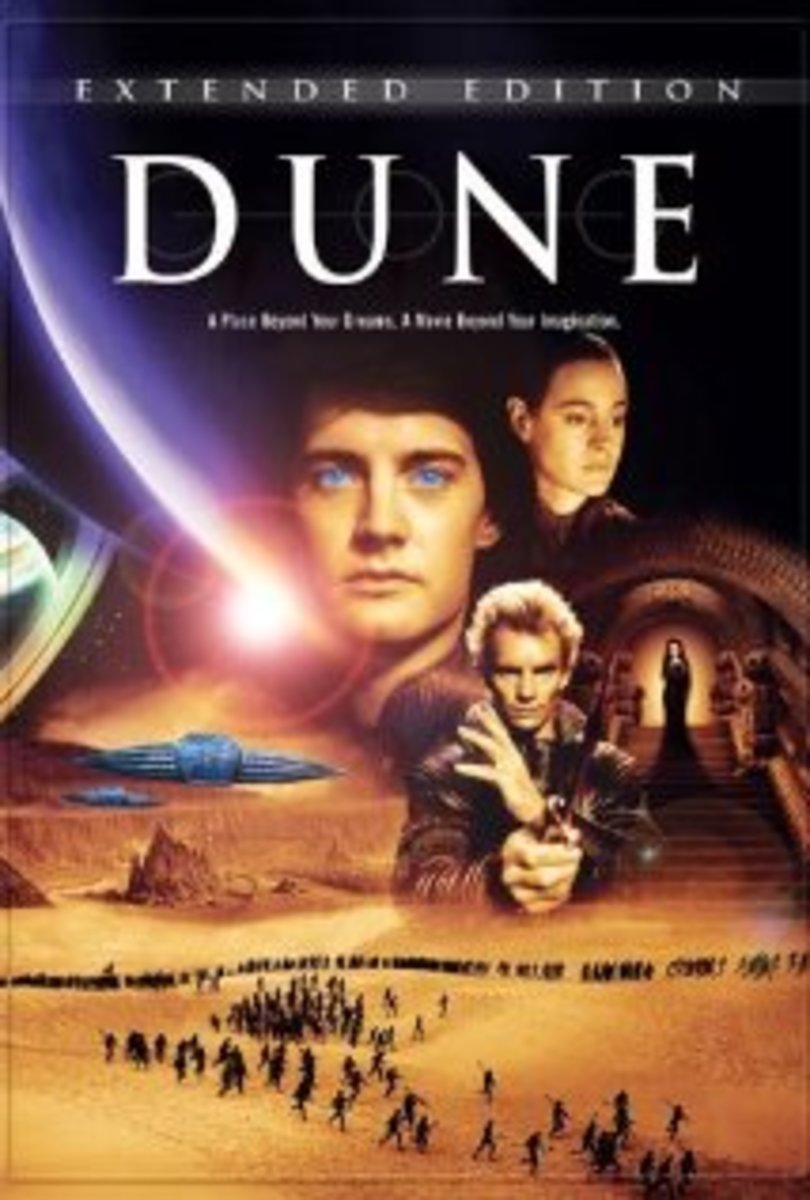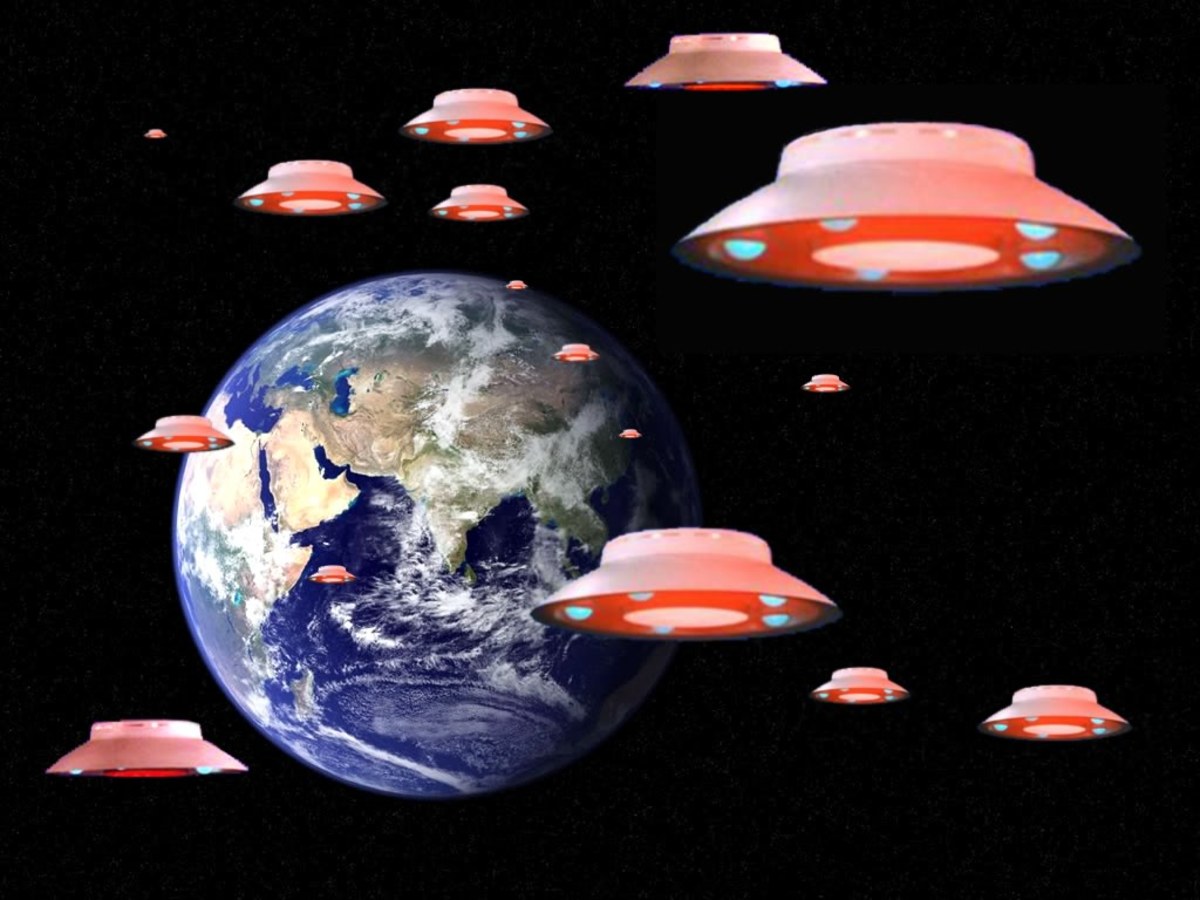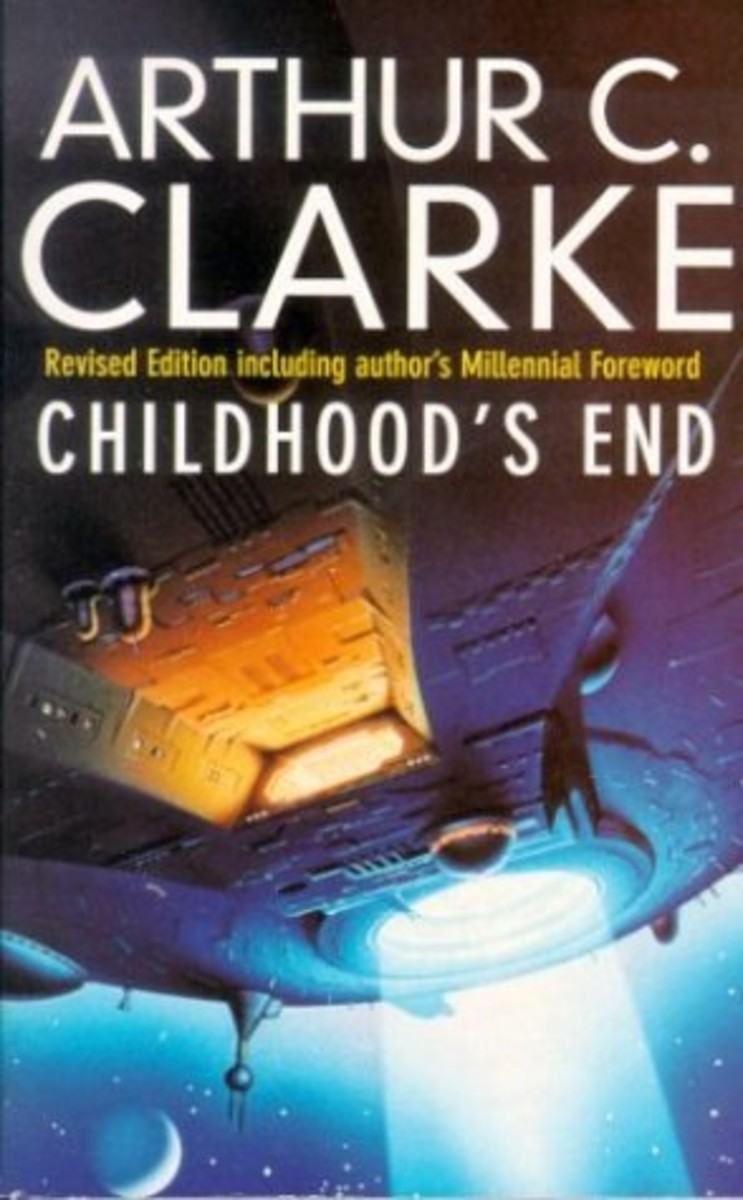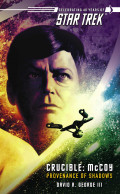- HubPages»
- Books, Literature, and Writing»
- Books & Novels»
- Fiction»
- Science Fiction & Fantasy Books
How many kinds of Sci-Fi are there?
Early sci-fi
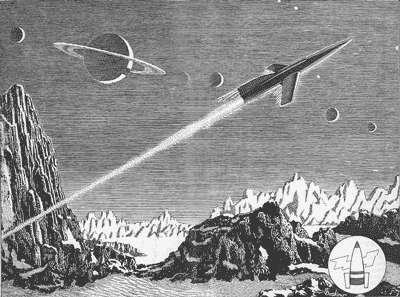
Can we classify every type?
As a genre science fiction covers a huge amount of ground. From stories of present day mad scientists to as far into the future as a writers imagination can carry us. From histories that might have been to worlds we all hope never will come to pass. The genres limits are only those of a storytellers ability to make his imagination scientifically plausible. Can every possible sub-genre be classified? Probably not, but hitting the high points can be fun and might introduce some fans to stories they haven't already read.
Where no one has gone before.
Space opera is probably the first thing most people think of when they think of the genre. Popularized most effectively by the “Star Trek” and Star Wars franchises this branch is typified by the characters traveling from planet to planet often in the course of dramatic adventures. It probably found it's genesis in stories like From Earth to the Moon and the First Men in the Moon. Early space operas came from a time when life (even intelligent life) on Mars or Venus was considered scientifically plausible. These early stories often featured heroes traveling our solar system in rockets and visiting our nearest planetary neighbors. Examples range from “Flash Gordon” and Asimov's Lucky Star series to Heinlein’s The Rolling Stones. Even before real world space exploration proved our celestial neighbors weren't habitable space opera featured characters gallivanting across the galaxy as in E.E. Smiths Lensman series.
New worlds and new civilizations.
Close cousin to space opera is the planetary adventure. In this sub genre rather than traveling from world to world the protagonists explore a single alien planet. In some cases, like the John Carter of Mars series, science fantasy simply hand-waves away how they get there. In other cases like Four Day Planet or Red Planet an advanced society that made reaching the new world possible is a significant part of the background. The alienness of the environment is often an important part of the story, whether it be a travel log, an adventure in a fantastic setting or more often a hybrid of the two.
Treking across time
- Time travel episodes - Memory Alpha, the Star Trek Wiki
Real World article (written from a Production point of view) A list of episodes that feature...
Get back.
Time travel is probably the second most familiar sub genre. Thanks to shows like “Star Trek” and “Doctor Who” it experiences frequent crossovers with space opera. Some sources even claim that Trek has included more time travel than some entire series dedicated to the subject. This genre found it's start in A Connecticut Yankee in King Arthur's Court as fantasy. It was the titular device in H.G. Wells the Time Machine that brought it firmly into science fiction territory. From there it has gone on to include romance, horror and any other subgenre.
It might have been.
Alternate reality and alternate history stories can probably be considered a close cousin to time travel. They rely on the same interpretations of quantum theory that some time travel stories rely on to prevent paradox. They can, on one hand examine the question of what if A had happened instead of B as in the anthology Alternate Presidents. On the other hand they can be as complex as an entire multiversal cosmology as in the Paratime anthology. Stories might occur entirely in a parallel world or a mad scientists invention may whisk the characters from one world to another.
Where it begain
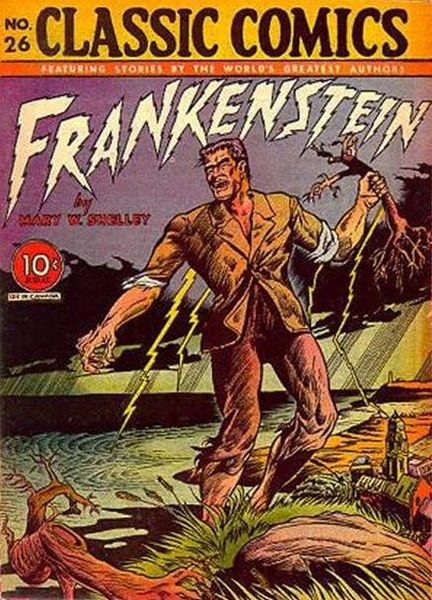
Maverick inventors
The “mad scientist” can probably be credited with the genesis of the sci-fi genre in Frankenstein. He appears in many sub genre, Zarkhov in Flash Gordon, the traveler in the Time Machine. Enough unhinged geniuses are around in fiction to put it in it's own category though. They positively abound in comic books. Despite the villainous connotations of the term many heroic maverick inventors fit the mad scientist mold fairly well. Tony Stark from “Iron Man” is an excellent example. Eccentric and obsessive his inventions would radically alter the world in the wrong hands.
Great powers
The comics also provided us with the superhero sub-genre. It is dismissed by many as juvenile and as fitting into fantasy more than science fiction. Nevertheless, it began with "Superman" who, for all the improbability of his abilities, is an extra terrestrial. The explanations given to super powers often at least pay lip service to science. These stories seem to have the most staying power. Characters that began nearly a century ago are recast and updated continually for new audiences and they still work.
The World of Tomorrow
Near future science fiction is the branch of the genre that's most rapidly outdated. It relies on extrapolations of technological advancement and social change to look at what may be just around the corner. This sub genre is most commonly set on Earth with national borders much the same as they were when the story was written. Some stories will go as far as the moon but unless aliens are involved they don't usually go farther. 2001: a Space Odessy was near future when it was released. At that time a moon base and manned mission to the outer solar system by the titular date seemed quite reasonable. Sometimes as when Firestar predicted privatized maned space flight they get something right even if the details and motivations are wrong.
A social sci-fi masterwork
Comentary
Social sci-fi may be near future, or it might concentrate further in the future. Regardless of when it is set, this sub genre is less concerned with the technology of it's story than the society that uses it. In some cases the science fiction part is only there to explain how society has changed so much or to provide a frontier for the new society to develop on. The Hunger Games and the Moon is a Harsh Mistress are examples of this kind of commentary. In other cases, the science fiction elements exist to give us fresh eyes with which to view real world issues as many “Star Trek” episodes did.
Danger, danger Will Robinson!
The cautionary tale in sci-fi is often but not exclusively near future. This is likely because it focuses on the dangers that the writers see society moving into. This also explains the tendency towards fads in the sub-genre. During the cold war tales of nuclear war and it's aftermath abounded. In the wake of Shoemaker-Levi 9 we got a few movies about asteroids and comets hitting Earth. During the 90's there were numerous stories of environmental disaster. From Dr. Strangelove to Deep Impact there seems to be an endless appetite for stories about what could go wrong.
Humans become artificial intelligence
Electronic minds
Stories of robots and A.I. are often cautionary, they also fit quite nicely into space opera and near future. The presence of tales that focus primarily on the machines and how they relate to their creators earns them a place as their own sub genre. It's entirely possible that Issac Asimov and his three laws are what saved stories of thinking machines from being exclusively cautionary tales. He certainly made a concerted effort to avoid what he saw as a growing cliche of mechanical rebellion. Since he gave it a nudge the idea of electronic minds that we don't have to fear has certainly taken off. Stories about human minds uploaded like Corpus Calosium could probably be considered a spinoff of this sub genre.
Action Hard Sci-Fi and Humor
In the army
Military science fiction always crosses over into other sub-genre. Their is near future military SF and space opera military. It separates itself by revolving around the characters military service and often hinges on war stories. For all the characters protestation that their star fleet isn't a military organization “Star Trek” could be considered military sci-fi. Other examples range from “Schlock Mercenary” to Enders Game and Starship Troopers. Few authors have ever been so optimistic as to predict a world with no need of a military. Those that have been that bold generally predict some sort of peacekeeping force that might as well be a military to make sure they wont need a "real military."
Space Invader

They're coming to get us!
Close cousin to military science fiction are alien invasion stories. These probably qualify as military stories from the invaders perspective. From the human side, they may be military stories, tales of survival, stories of a resistance movement or tales of intrigue surrounding a more subtle assault. Like time travel this sub-genre can probably be traced back to a single story, War of the Worlds. Since Mr. Wells started the ball rolling hundreds have run with it. From the covert Invasion of the Body Snatchers to the overt Footfall. This sub-genre, like all of them, has as many variations as their are writers working in it.
Go see what you find
- Amazon.com: science fiction: Books
Online shopping for Books from a great selection of Books Featured Categories, Refinements & more at everyday low prices.
More?
Their may be other sub-genre of science fiction out there but most tales fit into one (or often more) of these subcategories. Each one allows the audience to come to the story with a certain set of expectations. Each one provides it's own set of lenses through which we might examine our world or escape from it for a time.





